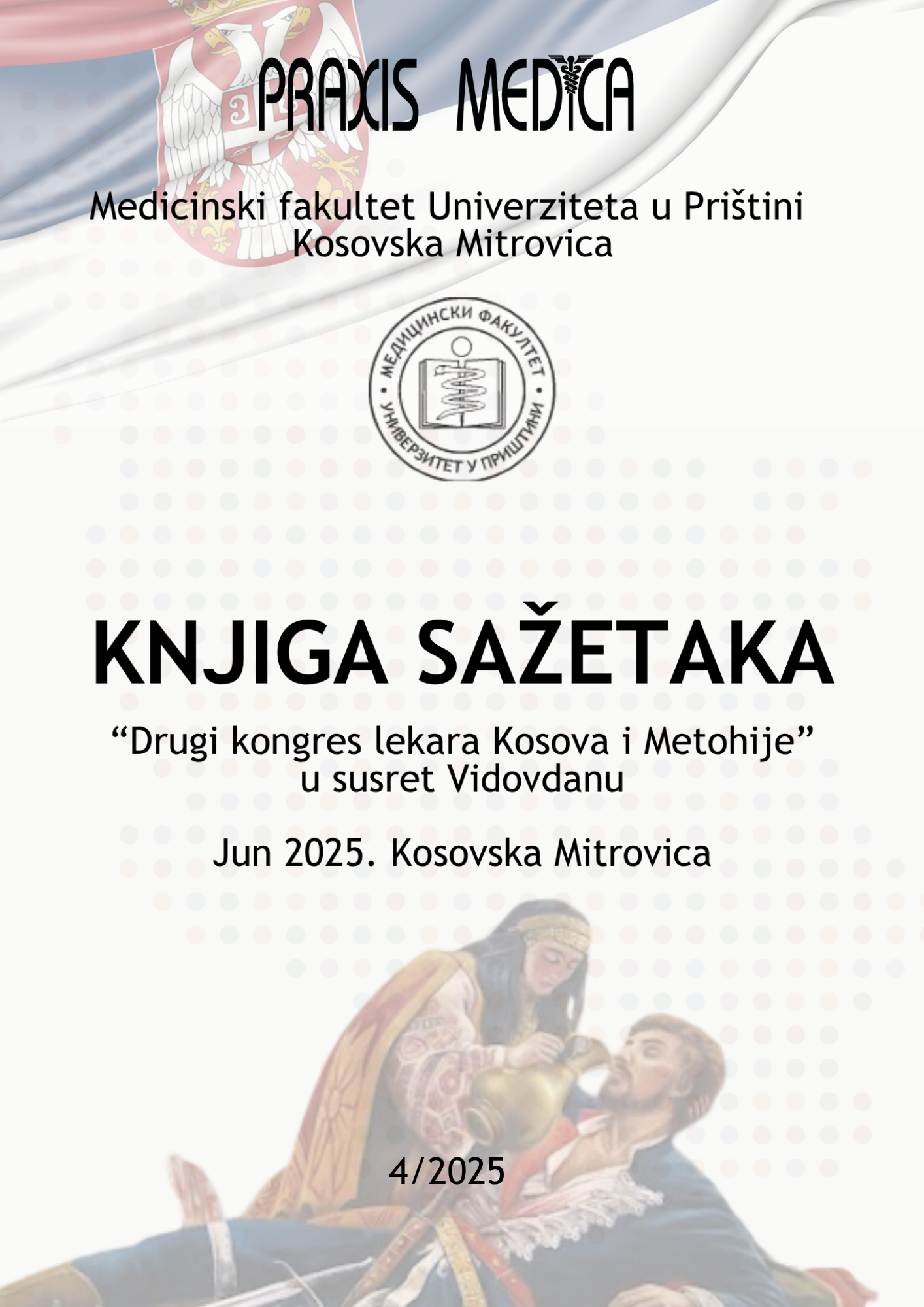Current issue

Volume 53, Issue 4, 2025
Online ISSN: 2560-3310
ISSN: 0350-8773
Volume 53 , Issue 4, (2025)
Published: 30.06.2025.
Open Access
All issues
Contents
01.12.2021.
Professional paper
Prevention of micronutrient deficiencies in the elderly
The ageing process is characterized by numerous changes in the body that negatively affect the health, lifestyle and diet of the elderly. An adequate and balanced diet plays a vital role in the quality of life of the elderly, including physical, mental and social health. Physiological decline in food intake in the elderly is a risk factor for certain micronutrient deficiencies such as osteoporosis, anaemia and decreased immunity. To prevent these public health diseases, it is suggested to promote the intake of foods of animal origin (offal, meat) to prevent iron and vitamin B group deficiency. An adequate intake of anthocyanidins, fruits and vegetables with blue-purple pigments is recommended for the prevention of anaemia. Adequate intake is also important, i.e. intake of at least two portions of dairy products per day and fish products per week in combination with physical activity can provide adequate intake of calcium and vitamin D for the prevention of osteoporosis. The intake of fresh or minimally processed foods has played a significant role in ensuring an adequate intake of vitamin C, which, in addition to improving iron absorption and preventing anaemia, also affects the proper functioning of the immune system. For the same reason, it is recommended to take vitamin A from offals or beta-carotene from yellow-brown and orange fruits and vegetables. In general, appropriate nutritional interventions can be effective and financially effective forms of preventing and treating micronutrient deficits, thus improving the overall quality of life of the elderly
Dora Serenče, Hajnalka Požar





